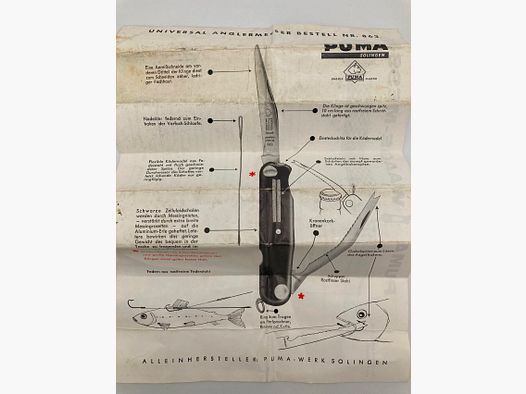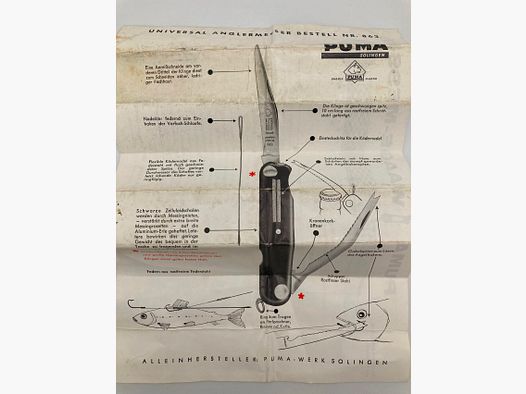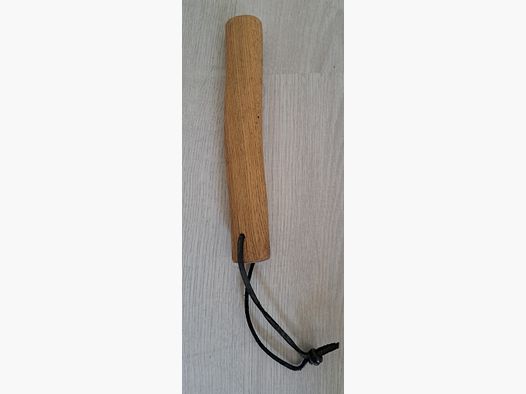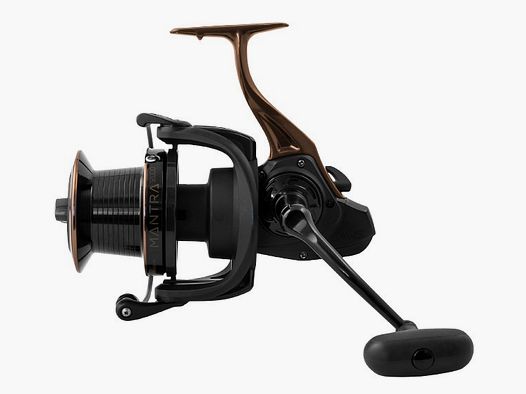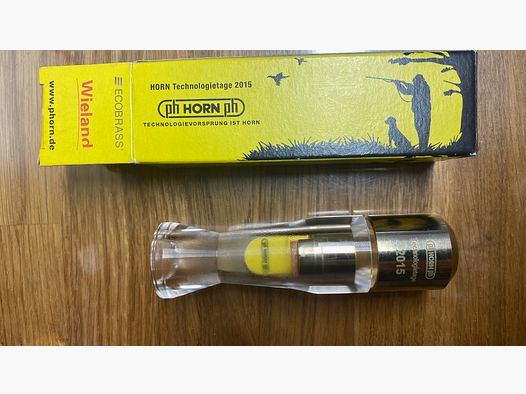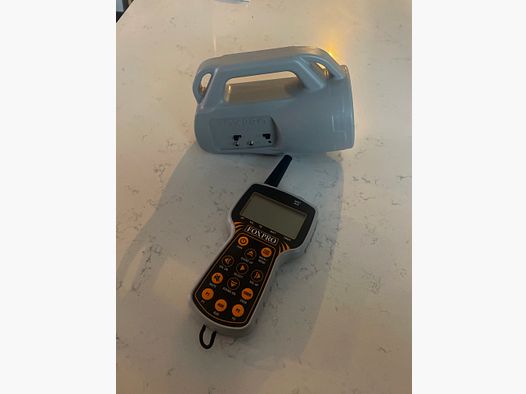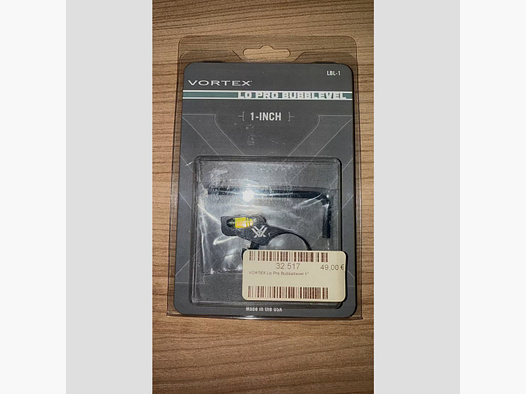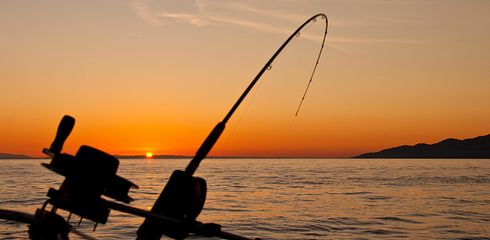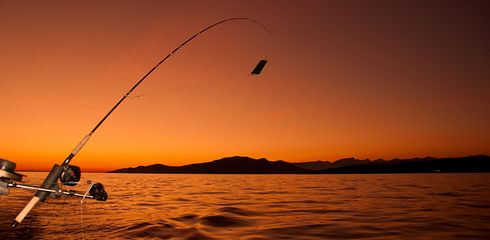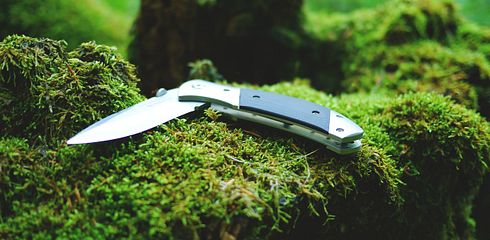The pursuit of improvement is a central aspect of fishing. Whether you are just starting out or have some experience, there is always room for development and refinement of your fishing technique. In this article, we will focus on practical exercises specifically designed for beginners to sharpen their skills and optimize their fishing experience.
1. Perfecting Casting Technique: The Heart of Fishing
An efficient cast is crucial for success in fishing. Let's start with some practical exercises to improve your casting technique:
Target Exercises: Place a target – whether it's a buoy in the water or a marker on land – and practice aiming. Target exercises help improve your precision and distance control.
Controlled Casts: Perform controlled casts, ensuring that the line is not too tight and the bait lands gently on the water. This helps avoid unnecessary spooking of the fish.
Wind Exercises: Practice casting in different wind conditions. The wind can significantly affect your casts, and practicing under various conditions enhances your skills.
2. Developing Sensitivity: A Feel for Bites
The ability to detect bites is essential. Here are exercises to sharpen your sensitivity:
Bite Awareness: Sit at your fishing spot with your eyes closed and focus on the vibrations in the line. This exercise improves your ability to detect subtle bites.
Weight Exercises: Attach weights of varying heaviness to your line and practice recognizing the fine differences in resistance. This enhances your sensitivity while fishing.
Feeling and Pulling: Close your eyes and have a friend or fishing buddy gently pull on the line. Try to feel the moment when the resistance increases. This trains your sensory skills and helps you recognize the right moment for the hook set.
3. Refining Timing and Hook Setting Technique: Securely Hooking the Fish
A well-timed hook set is key to a successful catch. Here are exercises to improve your timing and hook setting technique:
Hook Setting Exercises on Land: Sit at a table and practice the hook set. This sharpens your movements and helps you set the hook with minimal effort.
Quick Hook Sets: Simulate quick hook sets by reacting swiftly to "bites." This exercise improves your reaction time and ensures you capitalize on every bite effectively.
Different Hook Setting Techniques: Try out various hook setting techniques, from sideways movements to upward pulls. Discover which method suits you best and in which situations it is most effective.
4. Learning Techniques for Different Waters and Fish Species
Depending on the water and the fish species present, different techniques may be required. Here are exercises to increase your versatility:
Water Simulation: Study water maps and simulate different water conditions. Consider which fishing techniques would work best in various environments.
Targeted Training: If you want to focus on a specific fish species, research their behaviors and preferred techniques. Then practice those techniques specifically to better prepare for specific catching situations.
Practice on the Water: The best practice is often direct application on the water. Take every opportunity to try out new techniques and gain experience.
5. Communication and Exchange with Other Anglers
Sharing experiences and knowledge with other anglers is invaluable. Here are some exercises to benefit from the experience of others:
Joint Outings: Participate in joint fishing trips and observe the techniques of experienced anglers. Ask about their methods and seek tips.
Join Fishing Groups: Join fishing groups or forums to connect with other anglers online. Share your own experiences and benefit from the advice of experienced community members.
Attend Fishing Workshops and Seminars: Many fishing shops or clubs offer workshops. These events are a great opportunity to learn from professionals and expand your knowledge.
Conclusion: The Journey to Perfect Fishing Technique
Improving your fishing technique requires time, dedication, and above all, practice. The exercises presented are designed not only to refine your technical skills but also to sharpen your sensory abilities and enhance your versatility as an angler.
Remember that fishing is an individual journey, and every angler develops their own style over time. Experiment with different techniques, be open to new experiences, and enjoy the journey to perfecting your fishing technique. Tight lines, and may every cast and hook set bring you one step closer to the ultimate catch!



